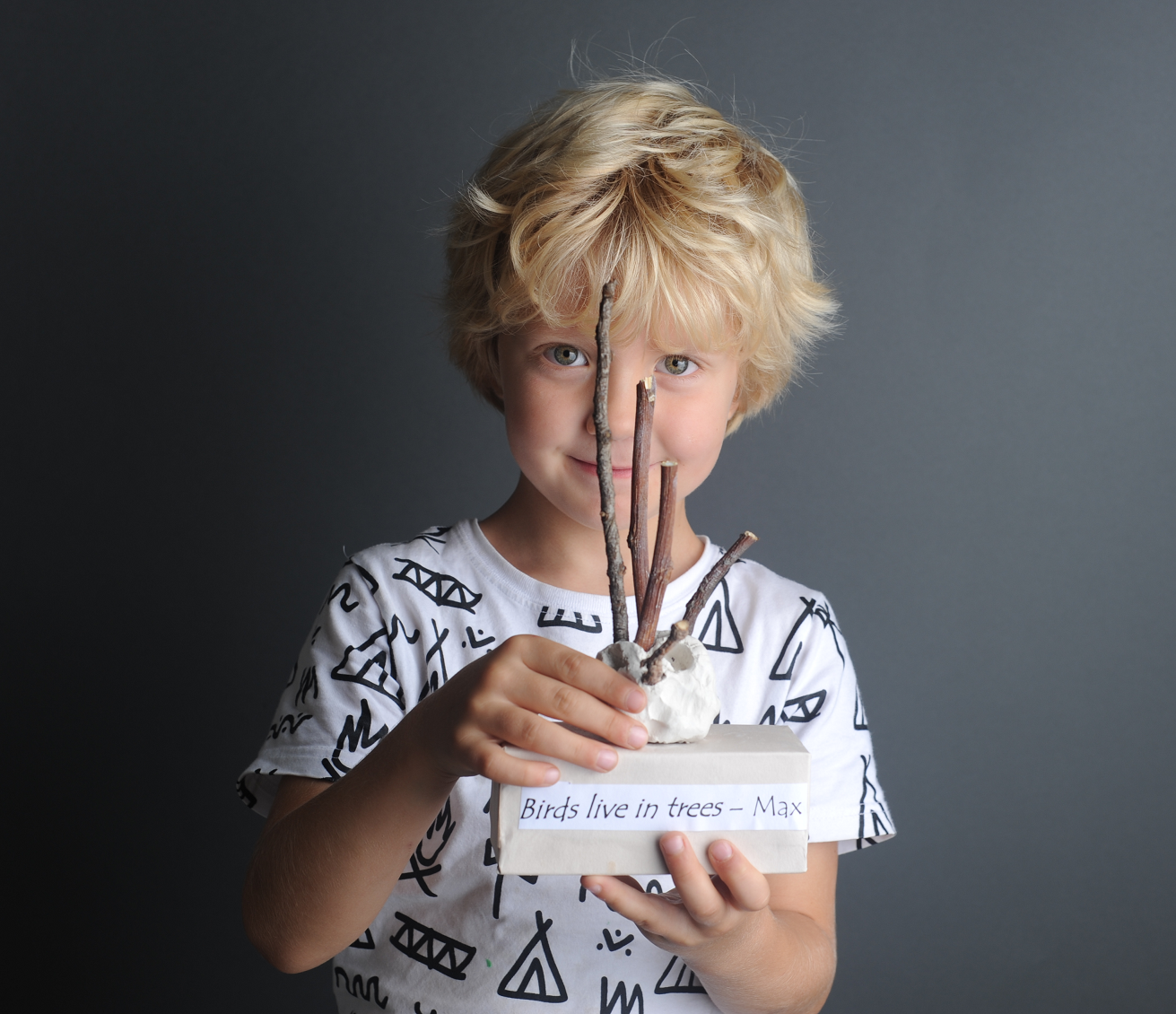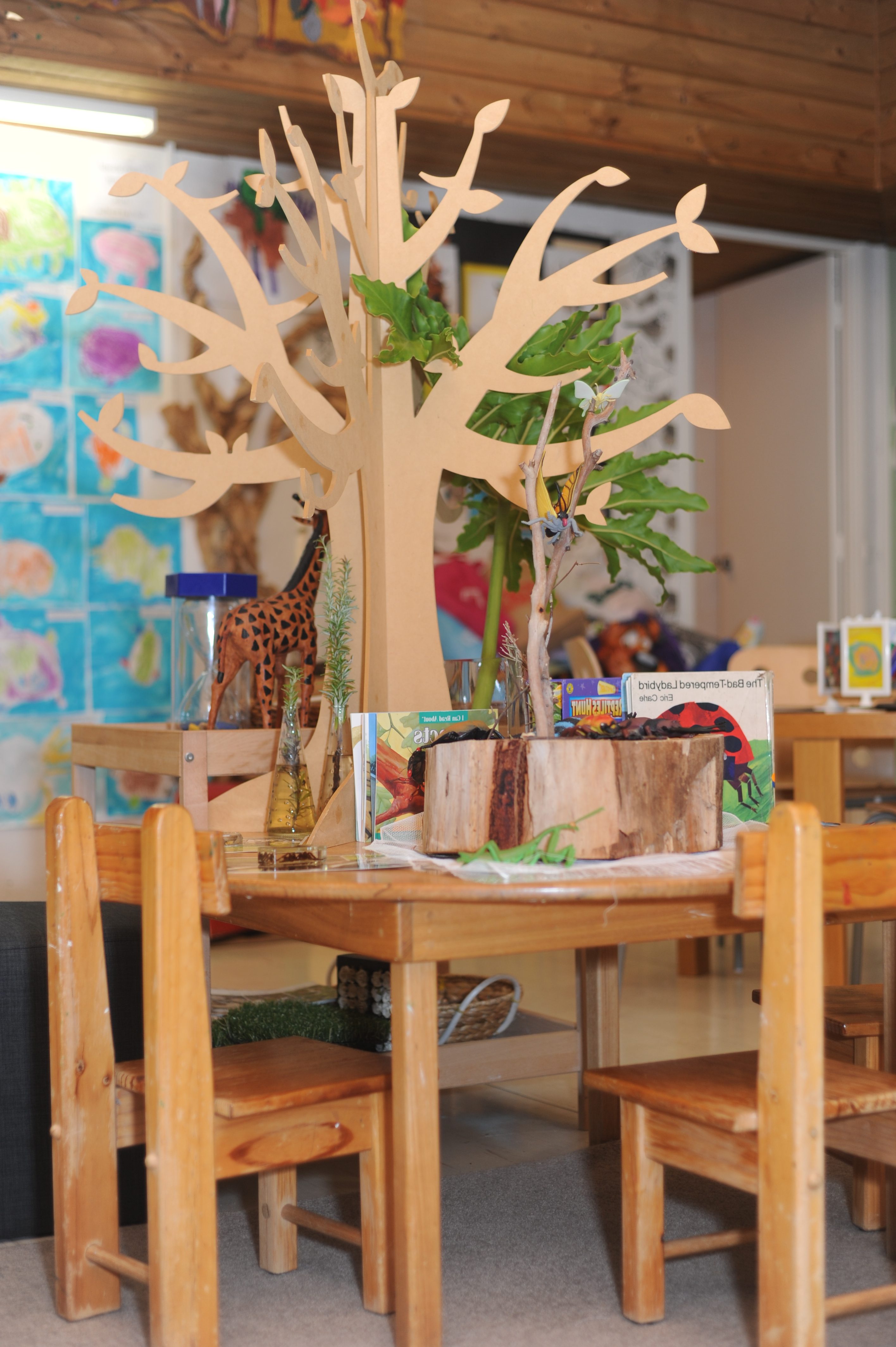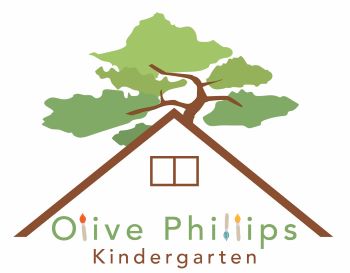We acknowledge that OPK is situated on Boon Wurrung land and believe that all children have a right to learn about the traditional owners of the land on which we teach and learn. We are committed to the inclusion of indigenous perspectives and a curriculum that reflects indigenous culture as a living contemporary culture.
The curriculum supports children, families and teachers working together to create a community rich in values, knowledge and skills. The children are encouraged to explore the world around them, extend their learning and development in the arts, literacy, numeracy, science, nature, language, social and emotional wellbeing, communication, social justice, environmental education, cognition and physical development.


The curriculum is also designed to allow children control over the directions of their learning; for the children to learn through the experiences of touching, moving, listening, seeing and hearing; the spaces provide different ways for children to express themselves and explore the world through relationships with others, the material and natural world.
The curriculum has an inquiry approach that reflects early childhood theory and practice. It supports children’s learning through meaningful experiences, enhanced through individual and collaborative work. It specialises in visual arts, sustainability principles and contemporary theory. There is an annual children’s art exhibition that celebrates children’s creativity, aesthetic perception and thinking skills. Values held by OPK community are – care and compassion, doing your best, fair go, freedom, honesty and trustworthiness, integrity, respect, responsibility, understanding, tolerance and inclusion (DEEWR).
In line with the National Quality Framework, the curriculum is guided by the VEYLDF and practice principles – family centred practice; partnerships with professionals; high expectations; equity and diversity; respectful relationships and responsive engagement; integrated teaching and learning approaches; assessment for learning and development; reflective practice and the five learning outcomes – Identity, Community, Wellbeing, Learning and Communication.
OPK is committed to providing a child safe environment for all children. The safety and wellbeing of the children is a major focus in our practice and decision making. Each child has the right to be protected from harm, to feel safe and to feel secure in expressing their identity and culture. Children share their thoughts and ideas, allowing their voices to be heard on matters that affect their lives. OPK is an inclusive community, which embeds the ideas of equity and equality for all members of society. OPK implements organisational policies, procedures and training. Planning, decision-making and operations will take a preventative and proactive approach to child safety.
We acknowledge that OPK is situated on Boon Wurrung land and believe that all children have a right to learn about the traditional owners of the land on which we teach and learn. We are committed to the inclusion of indigenous perspectives and a curriculum that reflects indigenous culture as a living contemporary culture.
The curriculum supports children, families and teachers working together to create a community rich in values, knowledge and skills. The children are encouraged to explore the world around them, extend their learning and development in the arts, literacy, numeracy, science, nature, language, social and emotional wellbeing, communication, social justice, environmental education, cognition and physical development.

The curriculum is also designed to allow children control over the directions of their learning; for the children to learn through the experiences of touching, moving, listening, seeing and hearing; the spaces provide different ways for children to express themselves and explore the world through relationships with others, the material and natural world.
The curriculum has an inquiry approach that reflects early childhood theory and practice. It supports children’s learning through meaningful experiences, enhanced through individual and collaborative work. It specialises in visual arts, sustainability principles and contemporary theory. There is an annual children’s art exhibition that celebrates children’s creativity, aesthetic perception and thinking skills. Values held by OPK community are – care and compassion, doing your best, fair go, freedom, honesty and trustworthiness, integrity, respect, responsibility, understanding, tolerance and inclusion (DEEWR).
In line with the National Quality Framework, the curriculum is guided by the VEYLDF and practice principles – family centred practice; partnerships with professionals; high expectations; equity and diversity; respectful relationships and responsive engagement; integrated teaching and learning approaches; assessment for learning and development; reflective practice and the five learning outcomes – Identity, Community, Wellbeing, Learning and Communication.
OPK is committed to providing a child safe environment for all children. The safety and wellbeing of the children is a major focus in our practice and decision making. Each child has the right to be protected from harm, to feel safe and to feel secure in expressing their identity and culture. Children share their thoughts and ideas, allowing their voices to be heard on matters that affect their lives. OPK is an inclusive community, which embeds the ideas of equity and equality for all members of society. OPK implements organisational policies, procedures and training. Planning, decision-making and operations will take a preventative and proactive approach to child safety.

